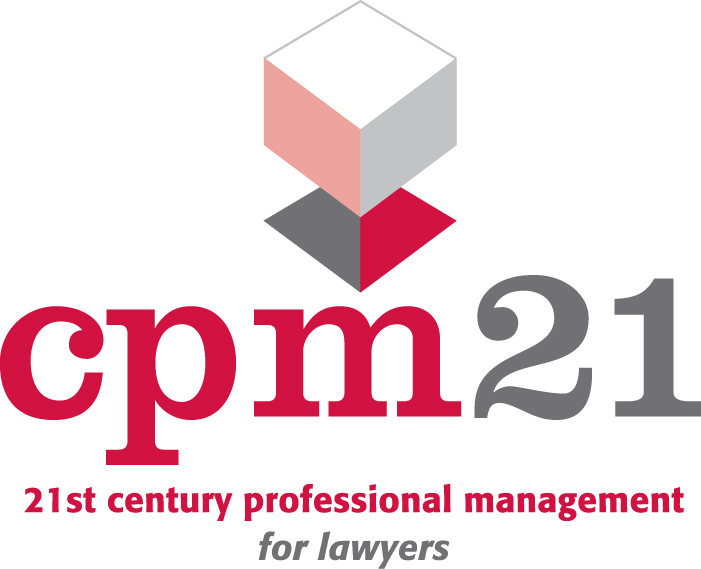Effective Networking

Developing a network of contacts that will help you grow a client base with a steady pipeline of work is extremely important and frequently a requirement for lawyers seeking career progression.
The idea of networking, however, may cause you sleepless nights, but the good news is that networking is not as difficult as might first appear and the more you prepare and practice the more accomplished, you’ll become.
In this article Ian Hopkins Senior Associate Consultant with cpm21 gives his insight with 30+ years’ experience as to what constitutes effective networking.
What is networking?
Any opportunity to meet and get to know new connections constitutes networking. It involves having conversations with people at events, exchanging contact details and developing connections with your existing networks. Ideally you should be networking not just with clients or potential clients but also with colleagues and with other professionals who are able to refer clients to you.
Networking with colleagues
Research shows that it’s easier to gain additional work from an existing client than to win a new client. Focus on making yourself known to your colleagues in different departments and grow your network of contacts across the firm. Aim to persuade your colleagues to refer their clients to you.
Arrange short coffee catch ups with colleagues so you can explain your expertise and how you think they may be able to help you grow your work. Ask for a ten-minute slot at their next team meeting so you can give an elevator pitch about your skill set to build awareness and explain how you may be able to assist their clients.
In my experience colleagues are unlikely to refer clients until they know you, and are confident you’ll do a good job, so building trust with colleagues is an essential element to gain referrals.
Also, remember that referrals work best both ways. If you can refer a contact or client to a colleague, the better the chances that you’ll get a referral in return.
Networking with existing contacts
Make a list of all the contacts you have. Determine which of these are most likely to refer you work. Prioritise these as targets and devise a plan as to how you will keep in regular contact over the course of the year with the aim of gaining referrals.
A light touch, little and often approach can pay dividends with existing contacts. For example, a 30-minute catch up over coffee can often be highly productive with time being a precious commodity for both you and your contacts.
Ensure that you are LinkedIn with your contacts and that your profile is up to date and comprehensive. Make regular LinkedIn posts so that you are visible to your contacts, and they know you are hungry for work.
Networking with the business community
Attending networking events can be time consuming so it’s important to ensure your time is spent effectively.
Think in advance about what you want to achieve from the networking event. Is there anyone you particularly want to meet? Consider the attendance list if there’s one available.
When you meet someone new it’s important that you are remembered in a positive light. Demonstrate that you’re interested by asking people about themselves.
To introduce yourself you can prepare an “elevator” pitch – 60 second explanation of who you are, what you do, how you may be able to help, and what you are looking for.
Many attendees will arrive early at networking functions so don’t be late as you may miss the best networking time available.
Remember that you need to mingle, so gradually work the room, and talk to as many people as possible. Make sure you have business cards and hand them out.
Make brief notes to remember people you’ve met – for example things they have said in the conversation that you can use in a follow up message to demonstrate that you’ve been actively listening.
Follow Up to Networking
After the networking event it is crucial to follow up the initial meeting as soon as practically possible.
Connect on LinkedIn with those you have met and if you feel the relationship should be developed, suggest a further meeting perhaps over coffee. You will need to build trust with people before they will instruct you or refer someone to you so proactively following up on an initial meeting and developing the relationship is crucial.
Make an assessment as to the likely return on investment on attending the networking function. Does the return justify further attendance? If not, think of other networking opportunities as there’s little point in continuing to attend if you are unlikely to win work.
Competition to win new work between lawyers has never been more competitive. The importance of networking has been challenged by the rise of social media, particularly LinkedIn over the past decade or so. But, as the saying goes, “people buy people” so networking is likely to remain a crucial business development tool for those lawyers who are willing to put a plan in place and be consistent in their approach to internal and external networking opportunities.
If you’d like to discuss any of the themes raised in this article please contact Ian Hopkins, Wayne Williams, or Paul Jones of cpm21.




